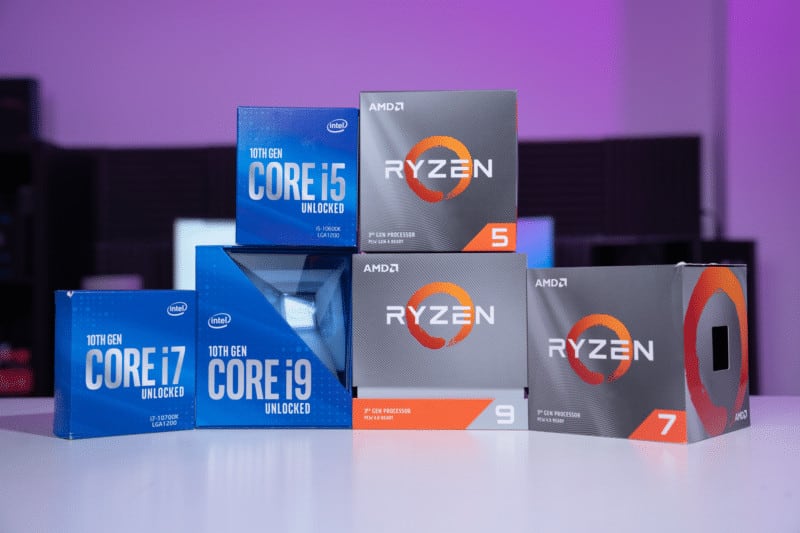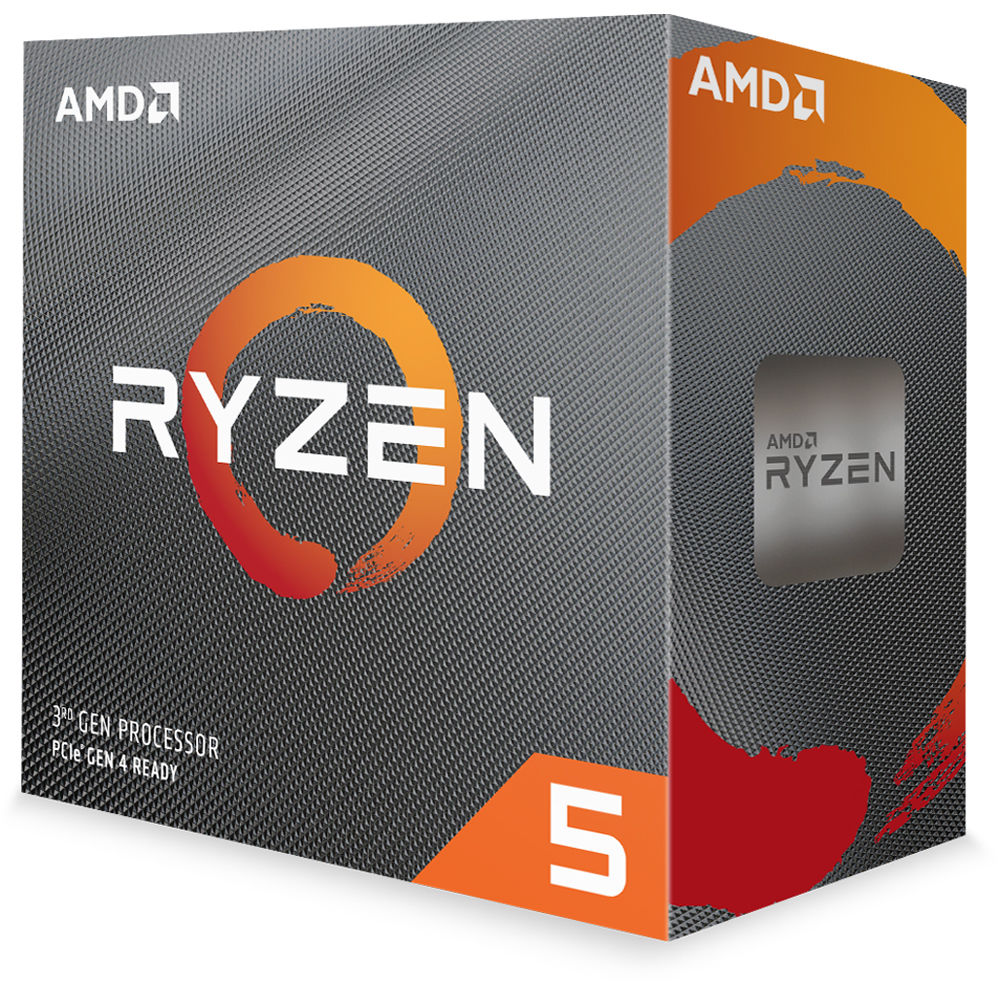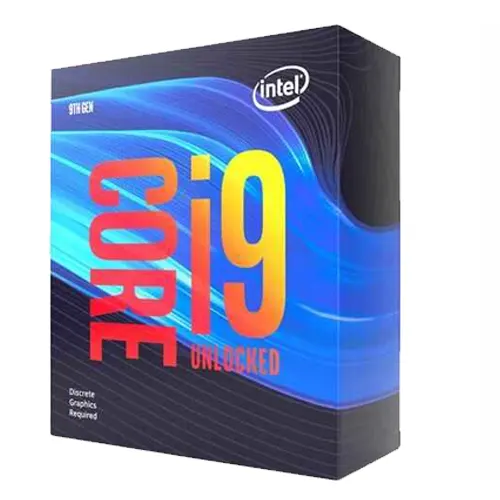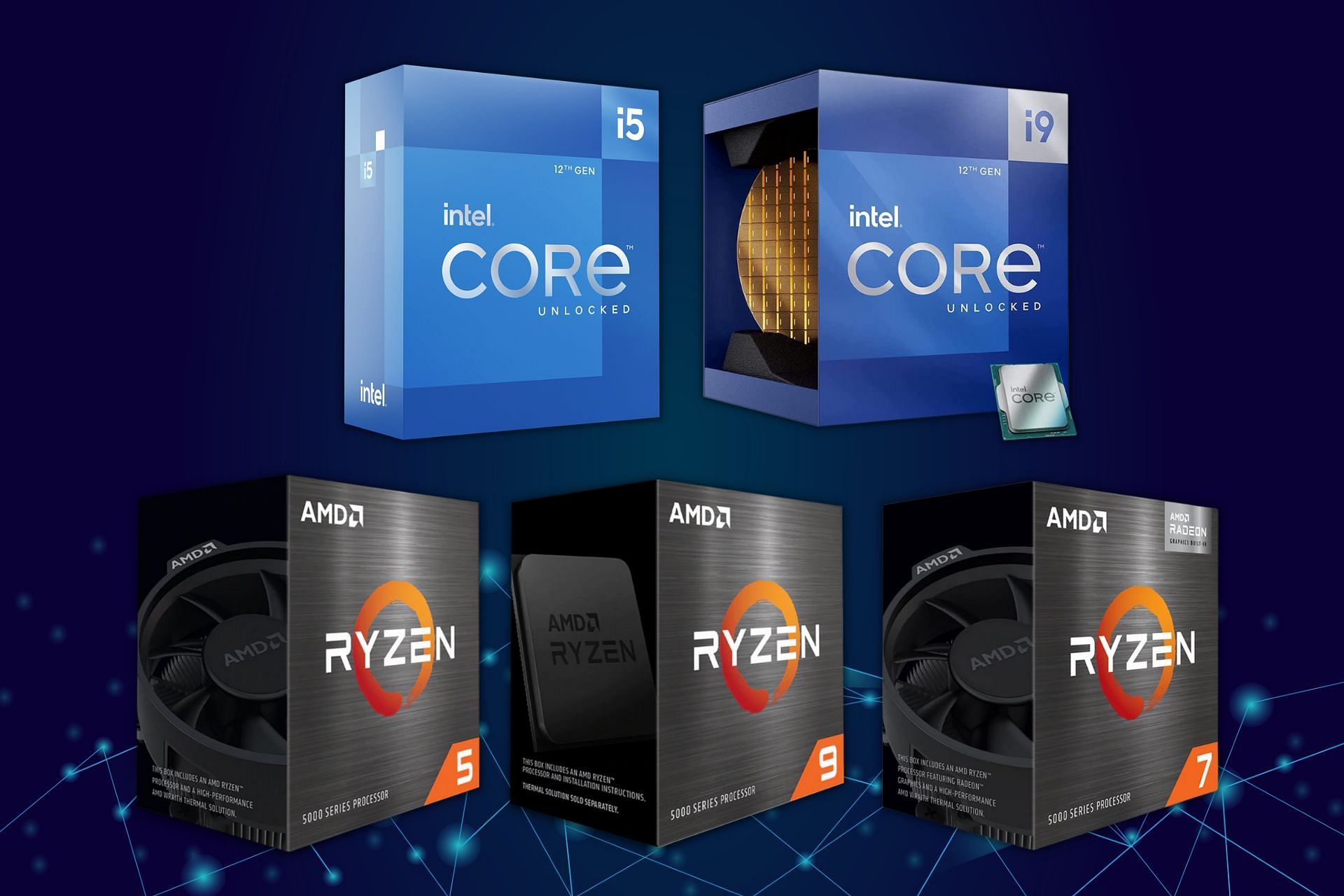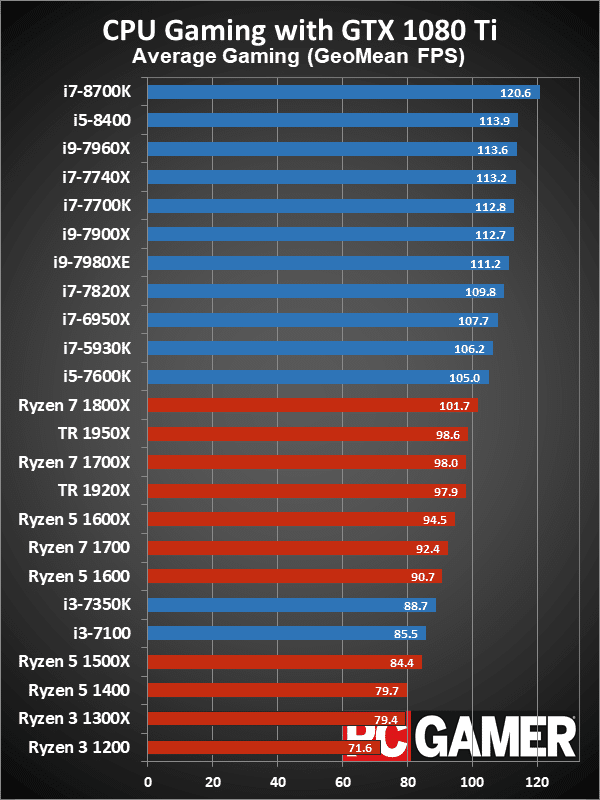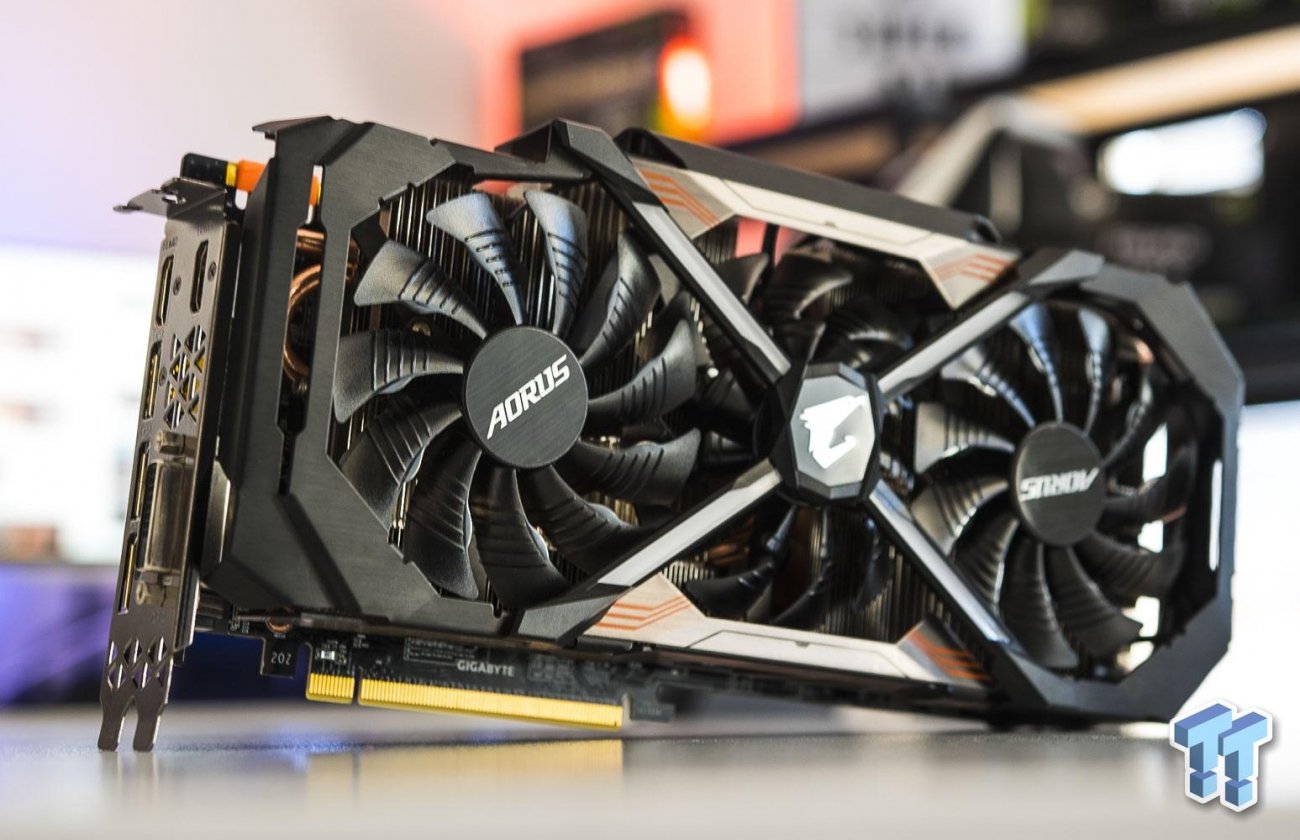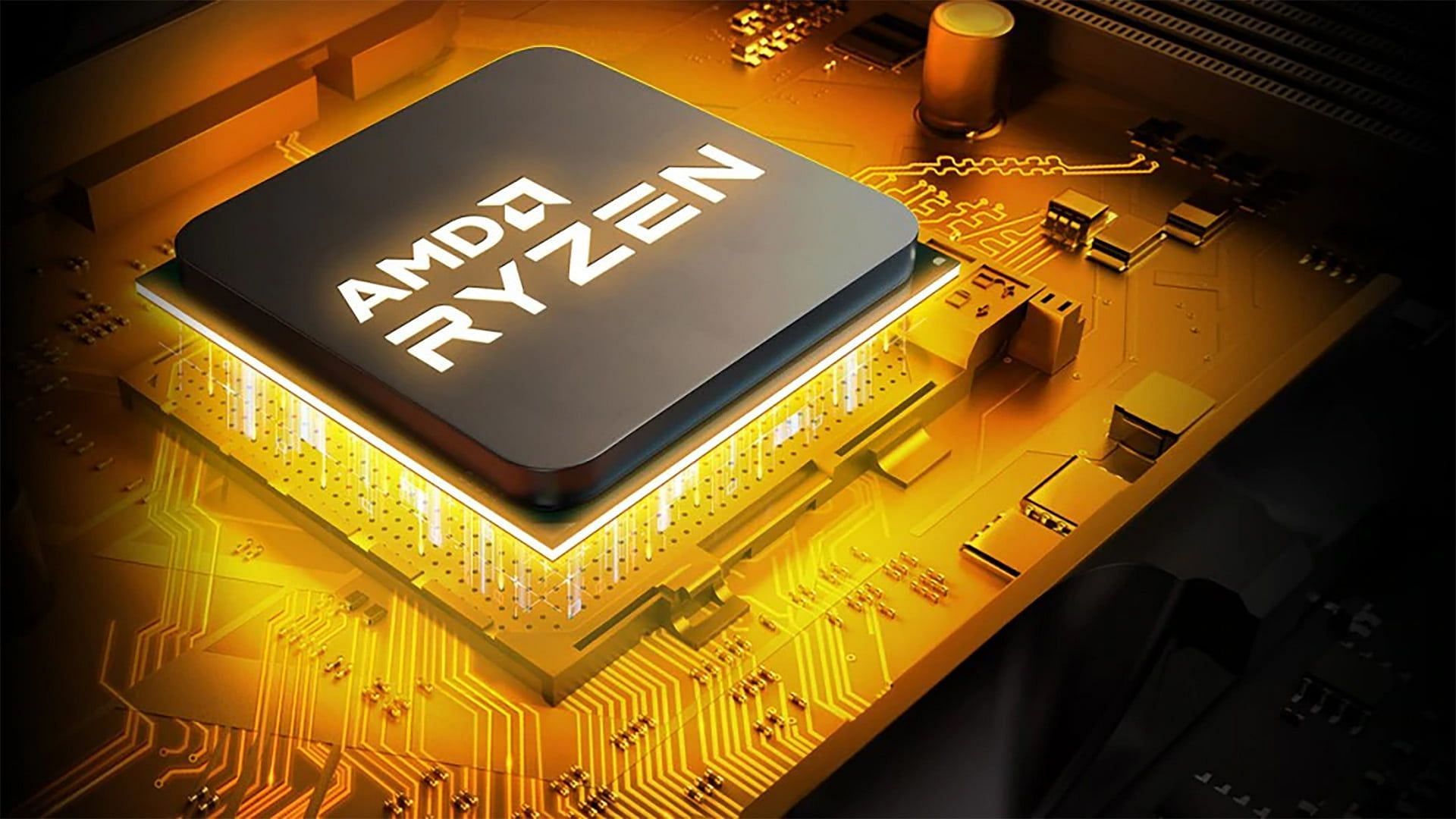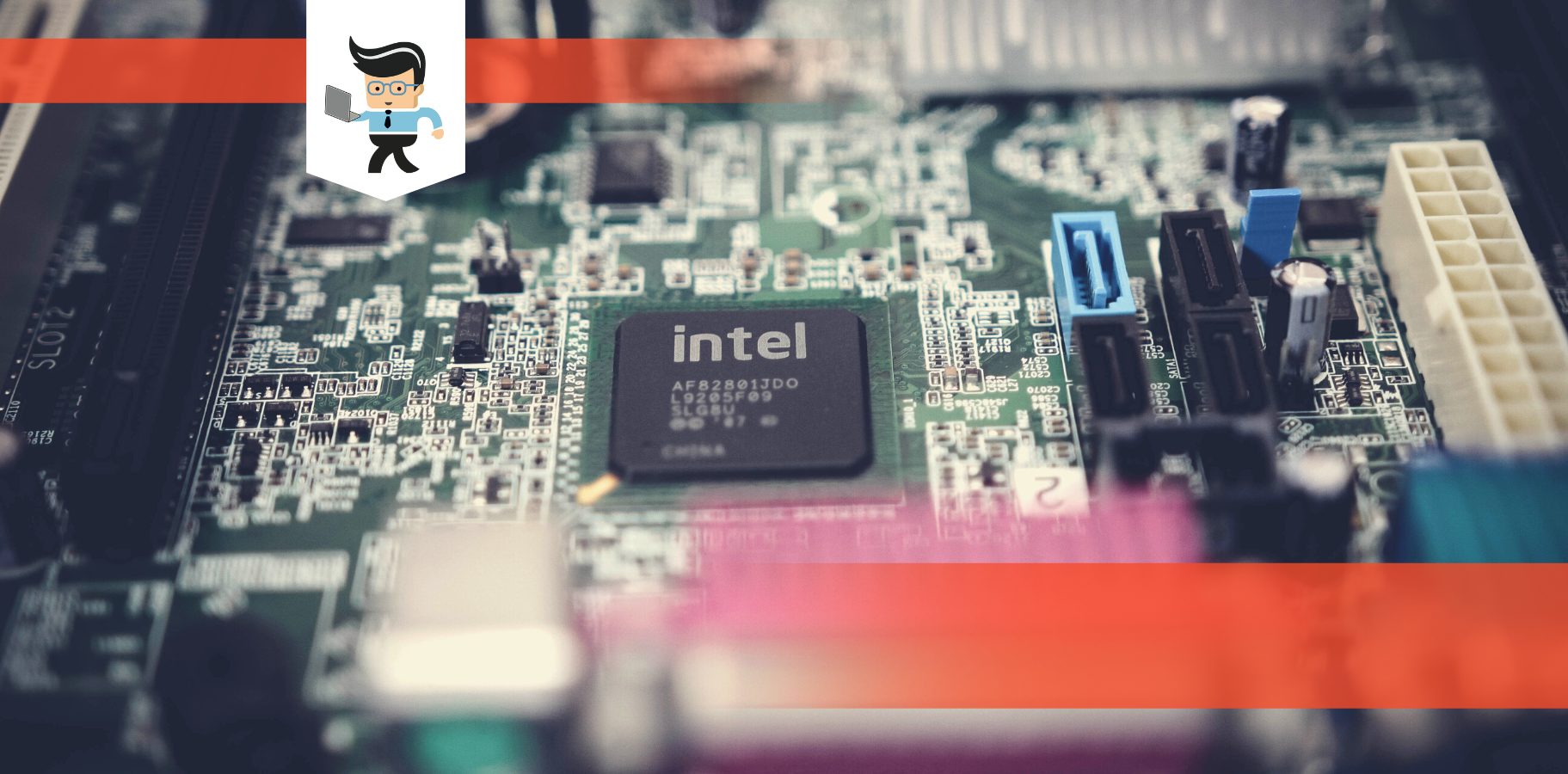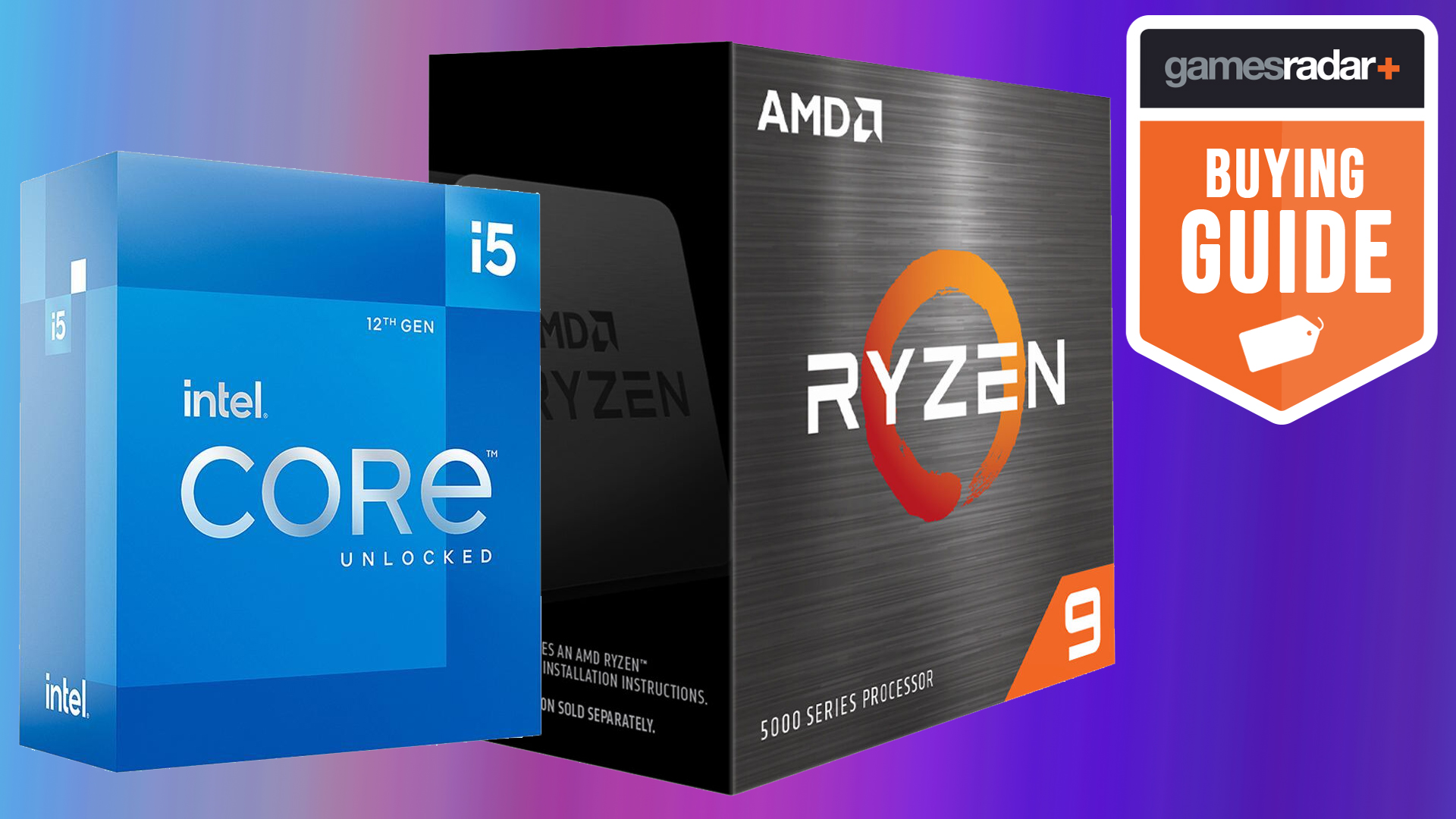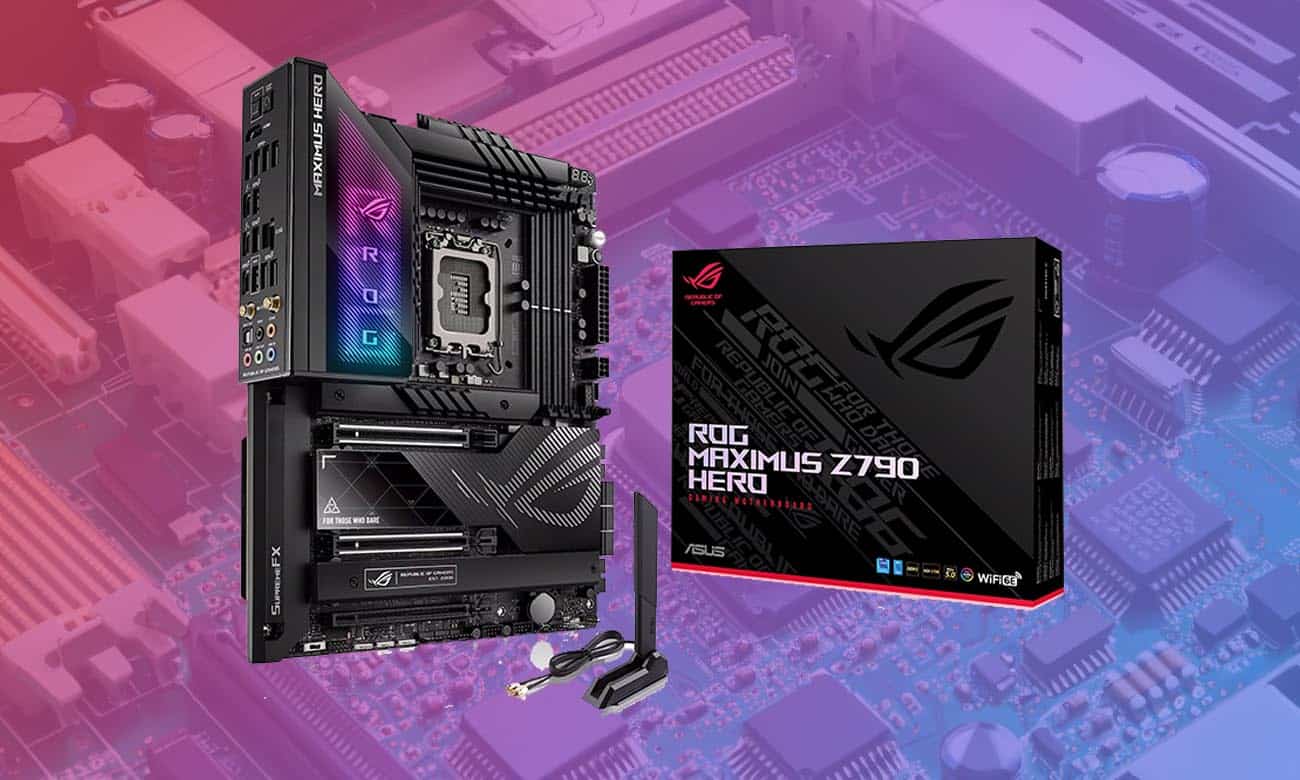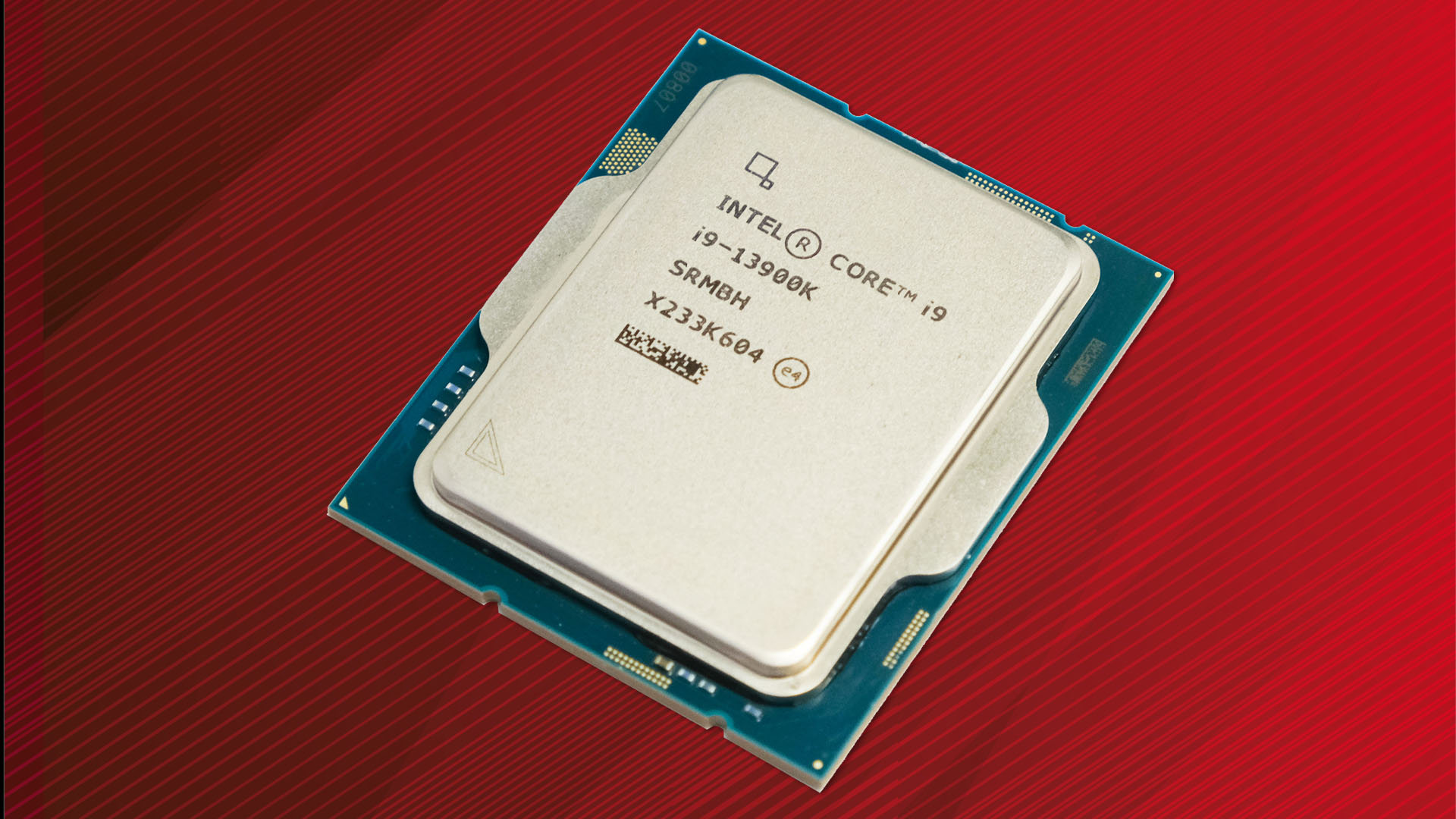Best Processor For Gtx 1080
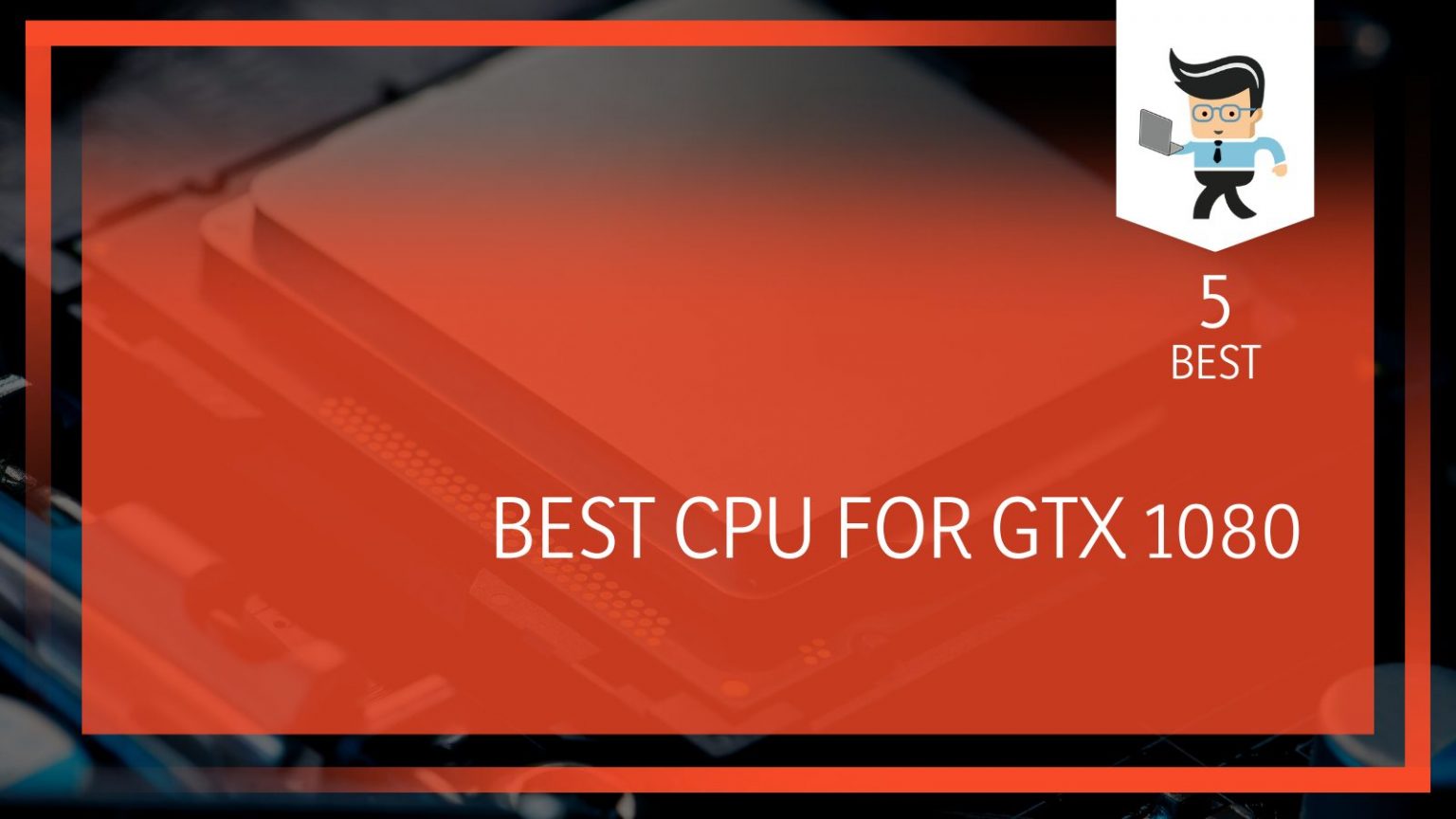
So, you've got a GTX 1080, a true classic! You want the perfect CPU to unleash its full potential, but wading through all the options feels overwhelming. Don't worry, this guide is for you: the first-time PC builder or upgrader seeking the ideal processor to pair with your GTX 1080 without breaking the bank.
Finding the right CPU matters because it dictates how smoothly your games run. A weak processor can bottleneck your powerful GTX 1080, leading to stuttering and lower frame rates. We'll explore the best options to ensure you get the most out of your graphics card.
Top 5 Processors for the GTX 1080
Here's a quick comparison of the top contenders:
| Processor | Price (USD) | Cores/Threads | Base Clock (GHz) | Boost Clock (GHz) | Warranty |
|---|---|---|---|---|---|
| Intel Core i5-9600K | $180 (Used) / $250 (New) | 6/6 | 3.7 | 4.6 | 3 Years |
| AMD Ryzen 5 3600 | $150 (Used) / $200 (New) | 6/12 | 3.6 | 4.2 | 3 Years |
| Intel Core i7-7700K | $140 (Used) / Discontinued (New) | 4/8 | 4.2 | 4.5 | N/A (Used) |
| AMD Ryzen 5 5600X | $200 (Used) / $250 (New) | 6/12 | 3.7 | 4.6 | 3 Years |
| Intel Core i5-10400F | $120 (Used) / $160 (New) | 6/12 | 2.9 | 4.3 | 3 Years |
Detailed Reviews
Let's dive deeper into each processor, highlighting their strengths and weaknesses.
Intel Core i5-9600K
The i5-9600K is a solid choice, particularly if you're focused on gaming. Its high clock speeds provide excellent performance in many titles. It benefits from being overclockable, allowing you to squeeze even more power out of it.
However, it lacks hyperthreading, meaning it has fewer threads than some of its competitors. This can impact performance in more demanding workloads like video editing.
AMD Ryzen 5 3600
The Ryzen 5 3600 offers excellent value for money. With 6 cores and 12 threads, it handles both gaming and productivity tasks well.
It generally provides very consistent performance and is a great all-rounder. It's also compatible with a wide range of motherboards, making it a versatile choice.
Intel Core i7-7700K
The i7-7700K, while older, can still be a viable option, especially if you already own a compatible motherboard. It's a quad-core processor with hyperthreading, offering good performance in its time.
It might struggle in newer, more demanding games, but for older titles and general use, it remains competent. Keep in mind that its age means it's only available used.
AMD Ryzen 5 5600X
The Ryzen 5 5600X offers a significant performance leap over previous Ryzen generations. It excels in both gaming and productivity tasks, delivering excellent frame rates and snappy responsiveness.
It's a bit pricier than some of the other options, but the performance gains are often worth the investment. It does require a compatible 500-series motherboard or a BIOS update on some older boards.
Intel Core i5-10400F
The i5-10400F is a budget-friendly option with a good balance of cores and threads. It provides solid gaming performance, especially when paired with a decent graphics card like the GTX 1080.
It's a great choice for those looking to build a capable gaming PC without spending a fortune. Note that the "F" designation means it lacks integrated graphics, so a dedicated graphics card is required.
Used vs. New: Weighing the Options
Buying used components can save you money, but it comes with risks. New components offer peace of mind with warranties, but they come at a higher cost. Here’s a breakdown:
Used Pros: Lower price, potential for significant savings. Used Cons: No warranty, potential for hidden defects, shorter lifespan. New Pros: Full warranty, guaranteed functionality, longer lifespan. New Cons: Higher price.
When buying used, thoroughly test the component upon arrival and buy from reputable sellers with good return policies.
Reliability Ratings by Brand
Both Intel and AMD have proven track records for reliability. Generally, both brands produce high-quality CPUs that last for years.
However, user reviews often suggest that AMD processors are slightly more prone to running hotter than their Intel counterparts. Investing in a good CPU cooler is generally recommended for both brands, especially if you plan to overclock.
Checklist: 5 Must-Check Features Before Buying
Before you click that "buy" button, make sure you've considered these crucial factors:
- Socket Compatibility: Does the CPU fit your motherboard? (e.g., LGA 1151 for Intel 7th/8th/9th gen, AM4 for AMD Ryzen)
- Cores and Threads: More cores/threads generally mean better performance in multitasking and demanding applications.
- Clock Speed: Higher clock speeds often translate to better gaming performance.
- TDP (Thermal Design Power): Indicates how much heat the CPU generates, influencing your cooling needs.
- Warranty: Check the warranty length and terms.
Conclusion
Choosing the right processor for your GTX 1080 is a balancing act between performance, budget, and future-proofing. The Ryzen 5 3600 is a solid all-around choice, while the i5-9600K excels in gaming, and the i5-10400F is great on a budget. The Ryzen 5 5600X provides the best performance but comes at a premium.
Remember to consider used vs. new options, brand reliability, and the checklist of essential features. Your specific needs and budget will ultimately determine the best fit.
Ready to take your gaming experience to the next level? Now that you're armed with this information, go forth and choose the perfect processor for your GTX 1080! Consider your budget, research current prices, and read user reviews before making your final decision. Good luck and happy gaming!

